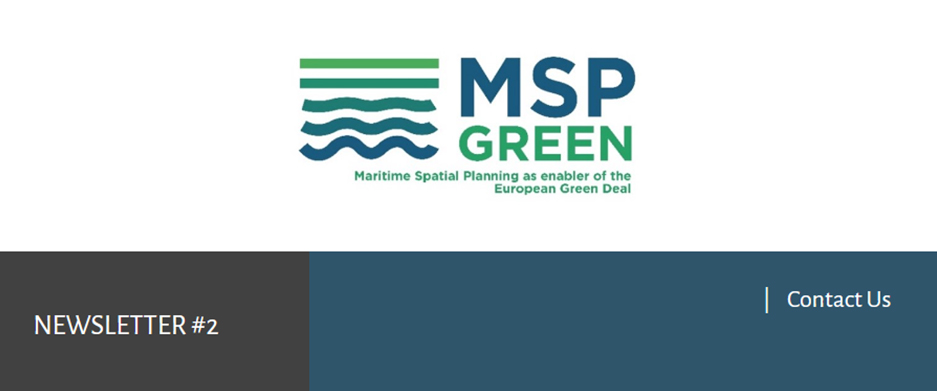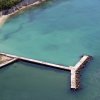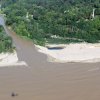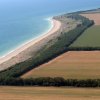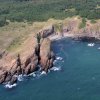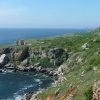Center for Coastal & Marine Studies
Insights from a role-playing game on MPA management
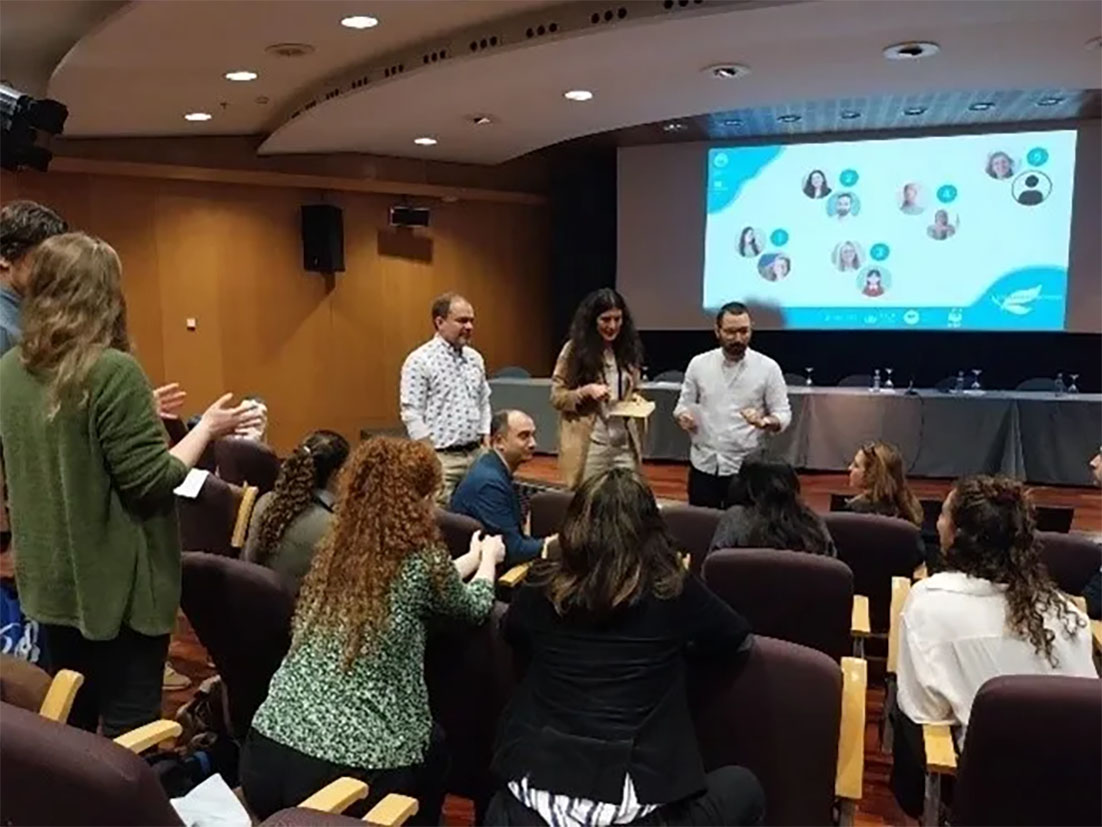
During the UN Ocean Decade Conference in Barcelona, Spain from 10-12 April 2024, a unique approach to tackling the complex challenges of marine protection was unveiled – a role-playing game where participants stepped into the shoes of various stakeholders to grapple with real-world dilemmas affecting the management of marine protected areas (MPAs).
Our colleague Kemal Pınarbaşı, leading the MSP4BIO’s policy coherence analysis work as well as being the test site leader in the project for the Baltic Sea, explain in detail at the origins and impact of this initiative.
Read the full interview with Kemal on the Protect Baltic website!
Two satellite events at the UN Ocean Decade will be organized with the MSP4BIO help!
On April 8th, MSP4BIO will join the Marine Protected Areas Forum to co-host with BLUE4ALL Project the “Become an MPA manager for a day! – A roleplaying game” session, which will take the audience into the shoes of an MPA manager and explore the environmental, social, economic, multi-use, and policy challenges they commonly face.
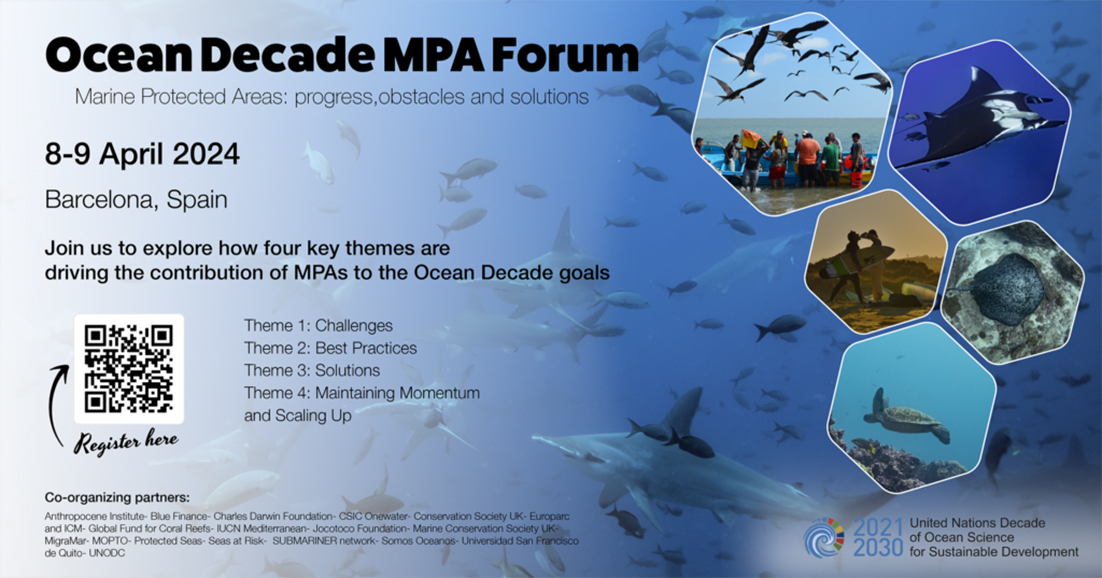
Want to be part of it? Then Check the Draft Agenda, Register And Join!
The second MSP-GREEN Newsletter is out!
We welcome you to read on the second MSP-GREEN project quarterly Newsletter finalizing the project implementation year of 2023!
Discover latest insights and reflections on the already carried and upcoming MSP-GREEN project events and activities. It is time to take a step further on the flourishing maritime spatial planning path towards greener Europe!
More information: https://mspgreen.eu/
To stay updated regularly, follow the MSP-GREEN social media accounts on LinkedIn, Twitter, Facebook!
MSP-GREEN Deliverable 2.2 “First Policy Brief” published!!!
The D2.2 offers an overview of the initial project results with highlights specifically designed for policy makers
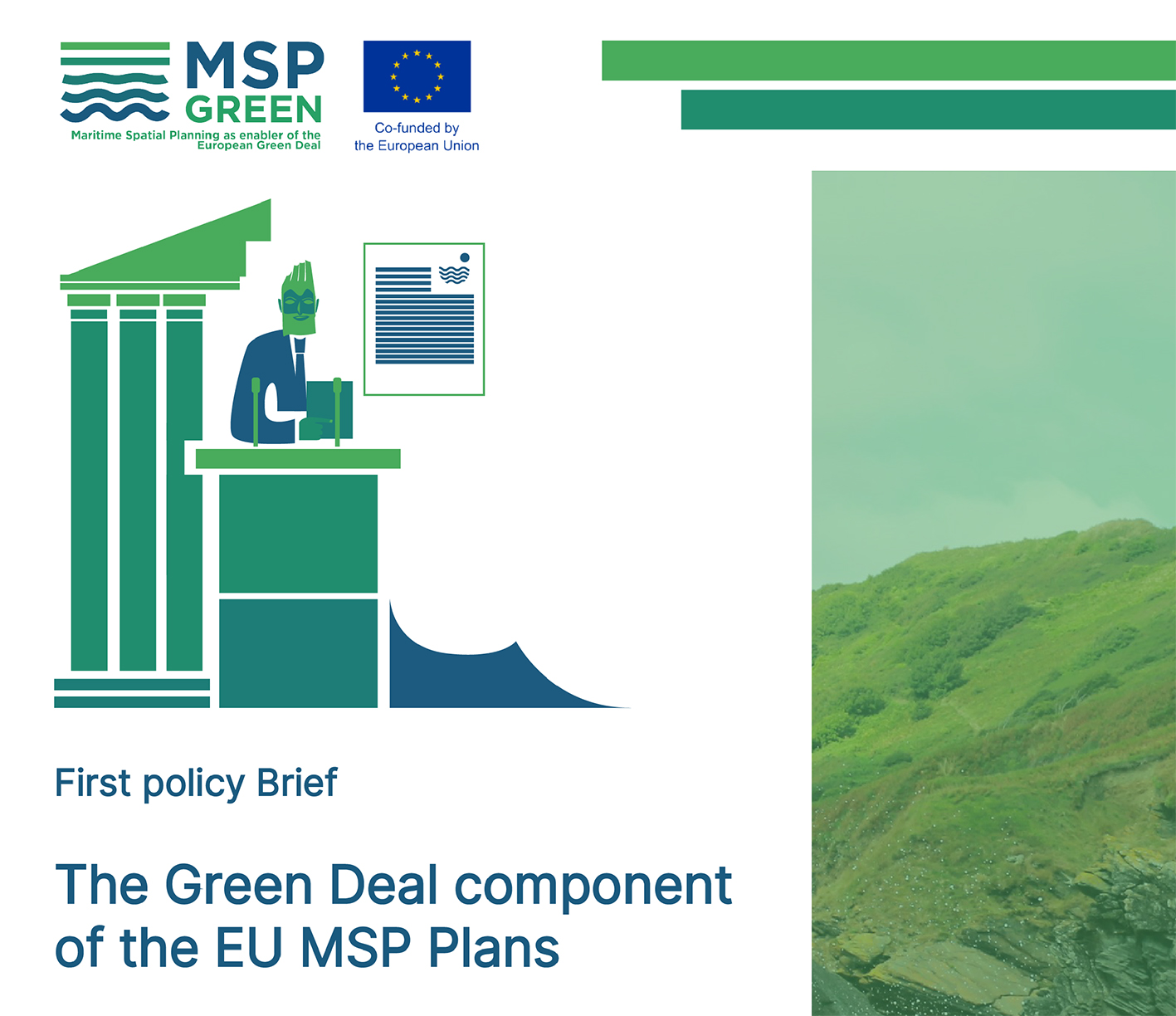
The objectives of Maritime Spatial Planning (MSP) include contributing to the effective management of maritime activities and to the sustainable use of marine and coastal resources, considering socioeconomic needs. The MSP Directive (2014/89/EU) recognizes that healthy marine ecosystems and their multiple services, if integrated in planning decisions, can deliver substantial benefits regarding food production, recreation and tourism, climate change mitigation and adaptation, shoreline dynamics control, disaster prevention, just transition and fair distribution of benefits of sustainable blue economy.
The European Green Deal (EGD) (COM(2019) 640 final) is a set of policy initiatives aiming to achieve carbon neutrality in Europe by transforming the EU economy into a modern, resource-efficient and competitive one, addressing a wide range of issues, including circular blue economy, biodiversity, zero pollution, clean marine energy, climate change mitigation goals of maritime sectors etc.
























